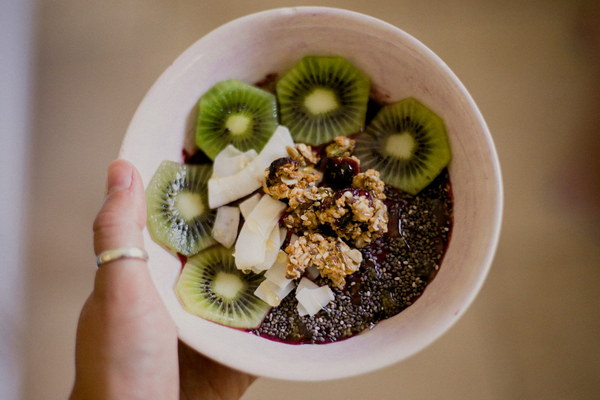Revitalizing the Male Body Targeted Strategies for Prostate Health
In the pursuit of overall well-being, it is crucial for men to pay attention to the health of their prostate gland. The prostate gland, a small, walnut-sized organ located just below the bladder, plays a vital role in male reproductive health. However, as men age, the risk of prostate-related issues, such as benign prostatic hyperplasia (BPH) and prostate cancer, increases. This article will explore targeted strategies for men to maintain optimal prostate health.
1. Dietary Adjustments
A balanced diet is essential for prostate health. Some key dietary adjustments include:
a. High-fiber foods: Incorporate plenty of fruits, vegetables, and whole grains into your diet to promote bowel regularity and reduce the risk of BPH.
b. Healthy fats: Opt for monounsaturated and polyunsaturated fats, found in foods like avocados, nuts, and olive oil, which may help reduce inflammation and lower the risk of prostate cancer.
c. Selenium and zinc: Foods rich in selenium and zinc, such as Brazil nuts, seafood, and legumes, have been shown to support prostate health.
d. Avoid processed foods and red meat: Limit your intake of processed foods and red meat, as they may increase the risk of prostate cancer.
2. Regular Exercise
Regular physical activity can help maintain a healthy weight and reduce the risk of developing prostate-related issues. Engage in at least 150 minutes of moderate-intensity aerobic exercise or 75 minutes of vigorous-intensity exercise each week.
3. Hydration
Staying hydrated is crucial for overall health, including prostate health. Aim to drink at least 8 glasses of water per day to support kidney function and flush out toxins that may contribute to prostate problems.
4. Prostate-Specific Nutrients
Certain nutrients have been shown to support prostate health:

a. Saw palmetto: This herbal supplement may help reduce symptoms of BPH by blocking the production of dihydrotestosterone (DHT), a hormone that can contribute to prostate enlargement.
b. Lycopene: Found in tomatoes and other red fruits and vegetables, lycopene has been linked to a reduced risk of prostate cancer.
c. Green tea: The polyphenols in green tea may help prevent prostate cancer and reduce the risk of BPH.
5. Regular Check-ups
Early detection is key in the fight against prostate cancer. Men should begin annual prostate-specific antigen (PSA) screenings at age 40, or earlier if they have a family history of prostate cancer. Additionally, regular digital rectal exams (DREs) can help identify any abnormalities in the prostate gland.
6. Stress Management
Chronic stress can negatively impact overall health, including prostate health. Find effective stress management techniques, such as mindfulness meditation, deep breathing exercises, or yoga, to maintain a balanced mind and body.
7. Limit Alcohol and Smoking
Excessive alcohol consumption and smoking have been linked to an increased risk of prostate cancer. Limit your alcohol intake and quit smoking to reduce these risks.
By implementing these targeted strategies, men can take proactive steps to maintain optimal prostate health. Remember, it is crucial to consult with a healthcare professional before starting any new treatment or making significant changes to your lifestyle. Together, you can create a personalized plan to ensure a healthy prostate and overall well-being.









